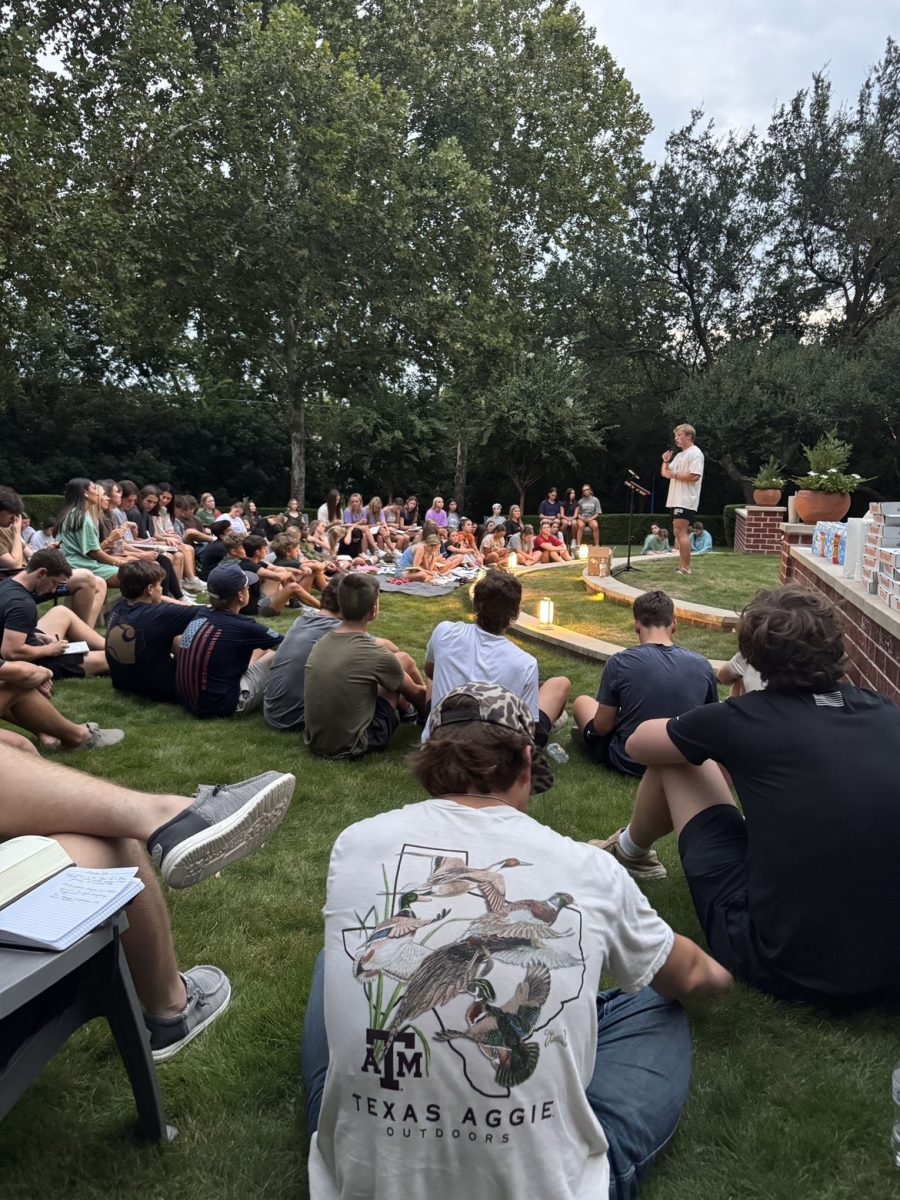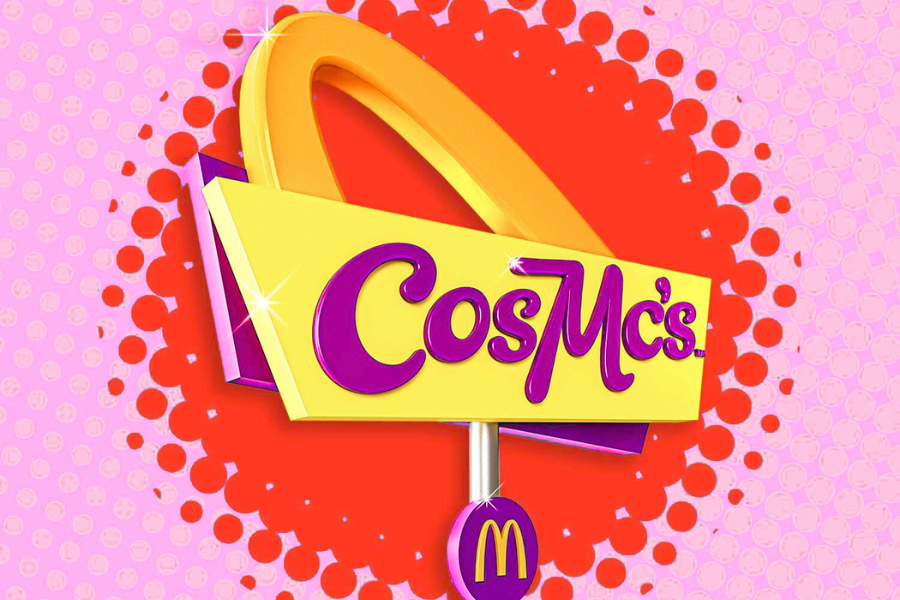As junior Jack Supan gets into his white 2006 Ford F150 Lariat, an app called Cellcontrol tracks him and allows his parents to monitor his driving. If Supan were to disconnect from the app, notifications would pop up constantly on his phone to remind him. When he drives off, various sets of data are recorded and sent to his parents. At this point, he is accustomed to this process, and knows how it feels to have his parents track him. For him, the idea of a parent tracking their kid is all too familiar.
Turning 16 and getting a license can be one of the greatest days in a high schooler’s life. However, for a parent, it can be one of the most stressful days. Many parents track their kids for safety reasons and to have some peace of mind while their child is out on the town, but for some kids, getting their phone tracked can be frustrating.
Supan said he understands why parents use some tracking apps, like Find My iPhone. However, Supan says there is a certain point where parents should ease up on monitoring their children.
“There’s a whole thing in my truck that tracks me, records my speed, grades my driving, tracks a fast acceleration, and tracks a hard stop,” Supan said. “I think that’s probably a little too much.”
Supan’s mother, Becca, and father, Tom, said they firmly believe having data on Jack’s driving habits along with tracking where he is will help him stay safe and make him a better driver.
“It gives you a score on whether or not you use your phone,” Becca said. “If he takes it out and messes with it, the grade will show that. Also, if he’s en route somewhere, it will show me the route. If he gets a bad score, we can talk about it and see what happened. The grade isn’t the end-all be-all though. Sometimes he might have had to stop quickly because the person in front of him stopped suddenly.”
For other students, just having their location tracked is seen as a negative thing.
“My parents sometimes track my phone when I’m out with friends, but it kind of makes me feel like they don’t trust me,” senior Ian Toomey said.
In Becca and Tom’s case, trust was not a primary factor in the decision to install the app on Jack’s phone.
“It is not because we don’t trust him,” Becca said. “I think he’s a good driver. Tom thinks he’s a good driver. It’s just that Tom was a teenage boy. I was a teenage girl. And sometimes I drove too fast.”
While some kids may want their parents to trust them instead of track them, they understand that safety can be more important than trust.
“I get why my parents track me,” Toomey said. “If I’m ever in a dangerous situation or place, my parents would know where to find me.”
According to the National Highway Traffic Safety Administration, at any given daylight time in America, 660,000 people are using an electronic device at the wheel. This statistic is amplified by the use of social networking apps such as Snapchat and Twitter.
Snapchat has a speed filter which shows the current speed of the user and can be seen as encouraging the use of the app while driving. One such instance occurred on September 10, 2015 where 19-year-old Cristal McGee used the speed filter while going about 107 mph and caused a car wreck. An app such as Cellcontrol that helps prevent distracted driving could have prevented the crash.
Jack says that he understands that safety is more important than trust and that safety should be considered by both parents and students.
“Even though I don’t like it, if I was a parent and if I was concerned with where my kids were or if there was an emergency, then I would want a way to know where they are,” Jack said. “I understand that the point of Cellcontrol is to keep me safe.”


















Ben Buhse • Aug 29, 2016 at 11:40 am
This was a beautiful article by Mr. Kwon, thank you for posting it.